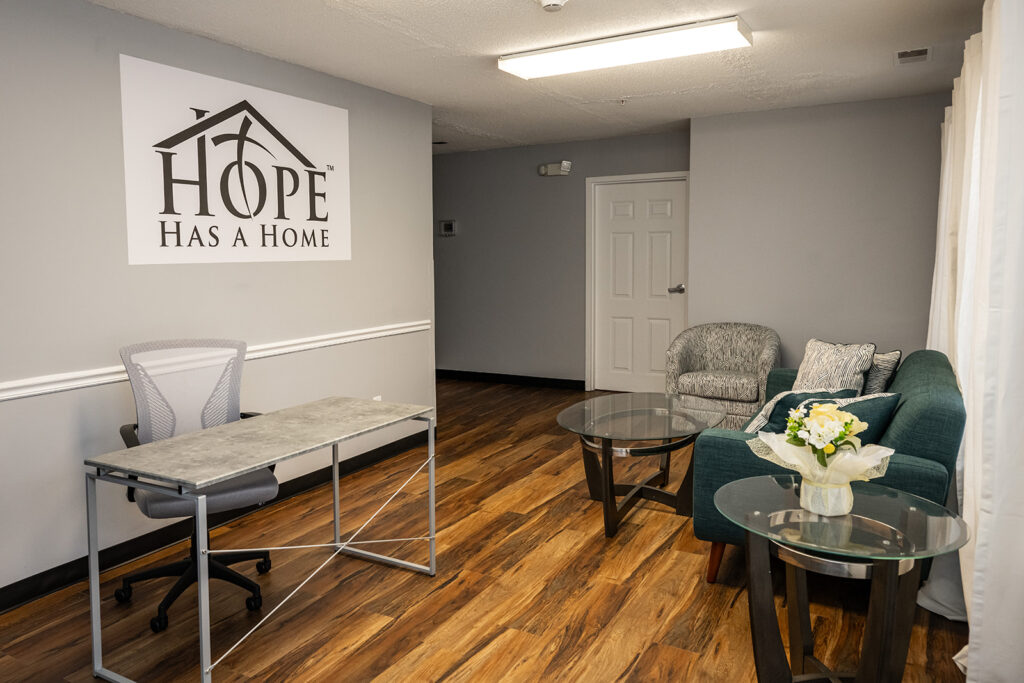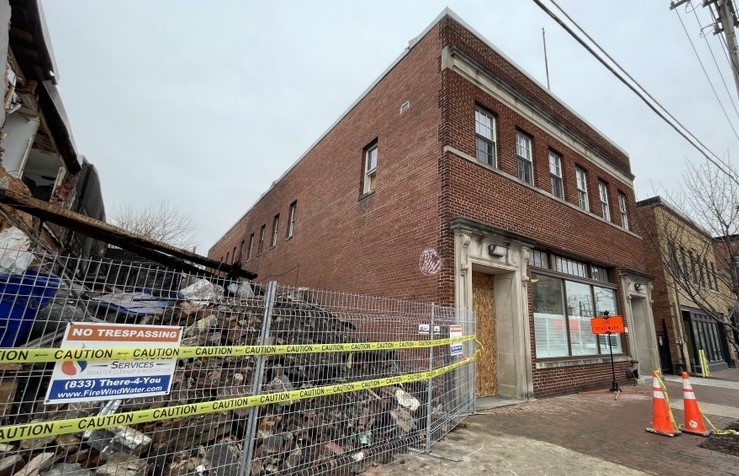Being without a home and in need of shelter is not the ideal situation for anyone and it can be a particularly frightening experience for transgender people.
But few service providers are aware of the struggle for these individuals who identify with a gender that is not the same as their gender at birth.
Lisa Mottet, a transgender civil rights project legislative lawyer at the National Gay and Lesbian Task Force, outlined the problems transgender people have in finding housing in her research for the manual that she co-authored, Transitioning Our Shelters.
Mottet first became involved in this issue when the D.C. police began a crack down on transgender sex workers. She and other transgender community leaders met with the city council to discuss the problem. They explained that because many transgender people faced discrimination in the workplace and consequently lose their jobs; they are often forced into sex work as a means of paying for shelter. “Six people will share one hotel room,” Mottet said.
While there is “no empirical proof, because no one is doing these types of studies,” Mottet said that transgender people are disproportionately homeless in comparison to other groups. Currently, the city has a non-discrimination ordinance that protects employees on the basis of sexual orientation and physical appearance, and it has been upheld in court to apply to transgender people. But to cover transgender people specifically, a bill has been introduced to add “gender identity” to the ordinance and all 11 council members have signed on as sponsors.
Despite their protections, transgender people still face discrimination “because they don’t meet stereotypes for their gender” Mottet said. “Based on the Washington Transgender Needs Assessment Survey, a large number of transgender people did not have housing in large part because they did not have income.” In fact, the study reported that 42% of the at least 260 transgender people in the city are unemployed and 29% have no income.
In response to the police crack down on sex workers, council members suggested that transgender people should go to homeless shelters rather than practicing sex work to make money for just one night in a motel. Mottet and other transgender leaders answered that many transgender people felt unsafe in the sex-segregated homeless shelters. This led to the development of Transitioning Our Shelters, a guide to making homeless shelters safe for transgender people.

The publication outlines in detail how to “transition” a shelter from its current condition into a more transgender friendly environment through simple policy changes like housing people with the gender with which they identify, regardless of their birth gender.
A Client Advocate & Program Assistant at Helping Individual Prostitutes Survive, Gigi Thomas, worked with motet to develop Transitioning Our Shelters, a project of the National Gay and Lesbian Task Force Policy Institute and the National Coalition for the Homeless.
After its publication, Thomas held a training session for shelter officials. More than 30 attended, she said, but “most were not supportive of what we’re trying to do.” Many homeless shelters continue to separate residents according to their birth gender rather than the gender they identify with now.
This June, the first house in the city specifically for transgender people opened, in Northeast. This house is a project of the non-profit Transgender Health Empowerment. It has five beds. Thomas said this is not enough.
“There’s an emergency need for transhousing. (Transgender people) will sleep in an abandoned house or car or walk the streets to pay for a hotel room. And when they’re found out to be trans, they’re put at risk to be a victim” Thomas said.








